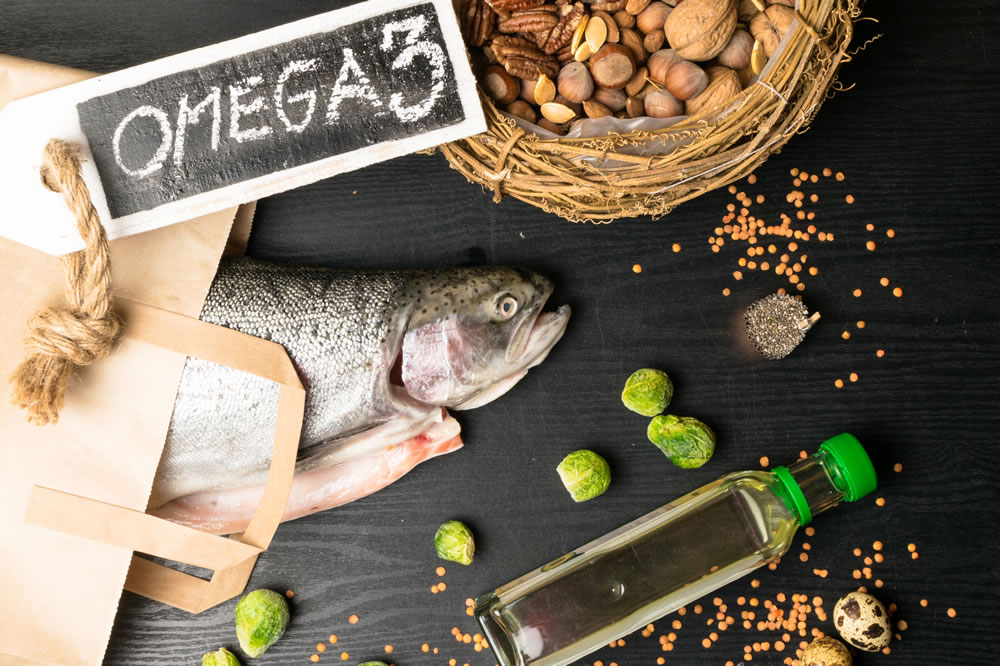Get in Touch
- 11410 NE 124th St. #334 Kirkland, WA 98034
- 425-999-5386
- info@oneitem.com

“More than 10,000 chemicals are used commercially (Daly 2006) and may enter the marine environment via atmospheric transport, runoff into waterways, or direct disposal to the ocean.” – Ocean Health Index
Our oceans eco-system is contaminated with mercury, cadmium, lead, arsenic, tin, copper, nickel, selenium and zinc. This is a global concern and threating for our planet’s future. Therefore, we must be choosey which fish and seafood to consume and quantity within reason.
Fish and seafood contain Omega 3’s that can reduce the risk of heart disease however, supplements with EPA & DHA have not been shown to protect against heart disease.
The majority of salmon you will find in the markets are farm raised salmon. These fish are farmed by the release of Atlantic Salmon eggs in the Pacific Ocean for farming. The mercury levels are still low in farm raised fish but the controversy is in the possible transfer of disease to wild stock because of how these fish are raised.
“People will purchase salmon caught in the wild for its flavor and bright color that is more intense and vibrant. Salmon caught in the wild is a happier, healthier, free-roaming fish that has a more salmony flavor.” – Bon Appetite
Remember the Chinese proverb: give a man a fish and you feed him for a day; teach a man to fish and you feed him for a lifetime. Become wiser about how food affects your body, hormones, and weight. Try to eat the heathier fish from the ocean, once or twice per week. For example; wild-caught salmon, cod, snapper, tilapia, mackerel, trout, sardines, anchovies, orange roughy, herring, flounder, sturgeon, clams, oysters, and scallops.
FURTHER READING
https://wellnessmama.com/57460/marine-phytoplankton/
https://www.bonappetit.com/story/difference-between-wild-caught-and-farm-raised-salmon
